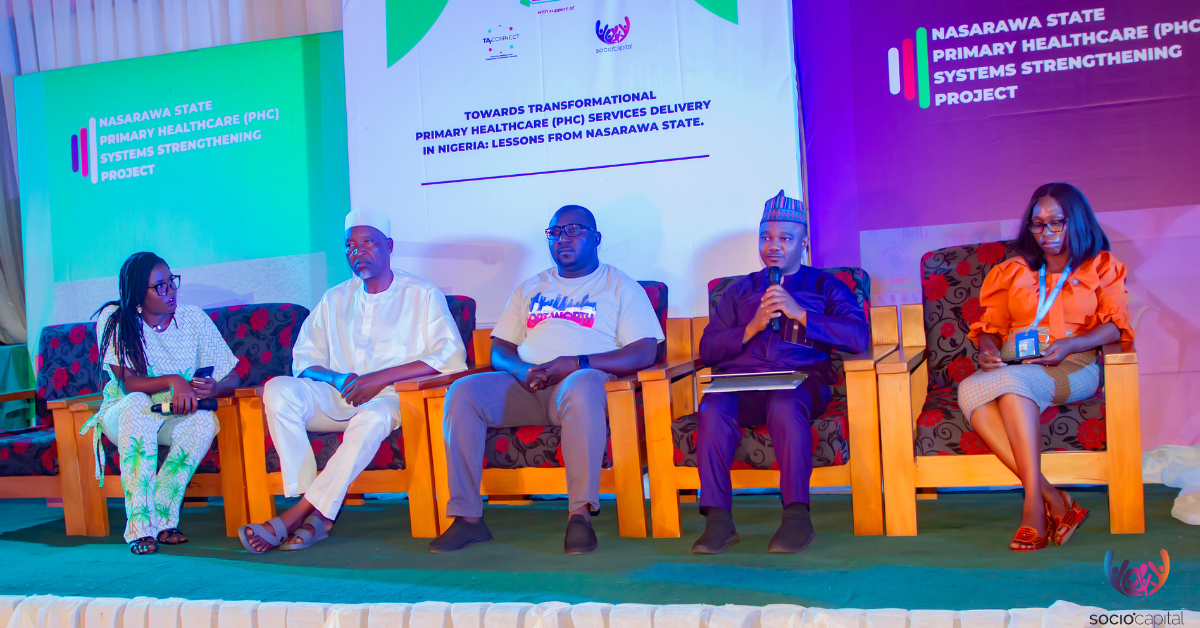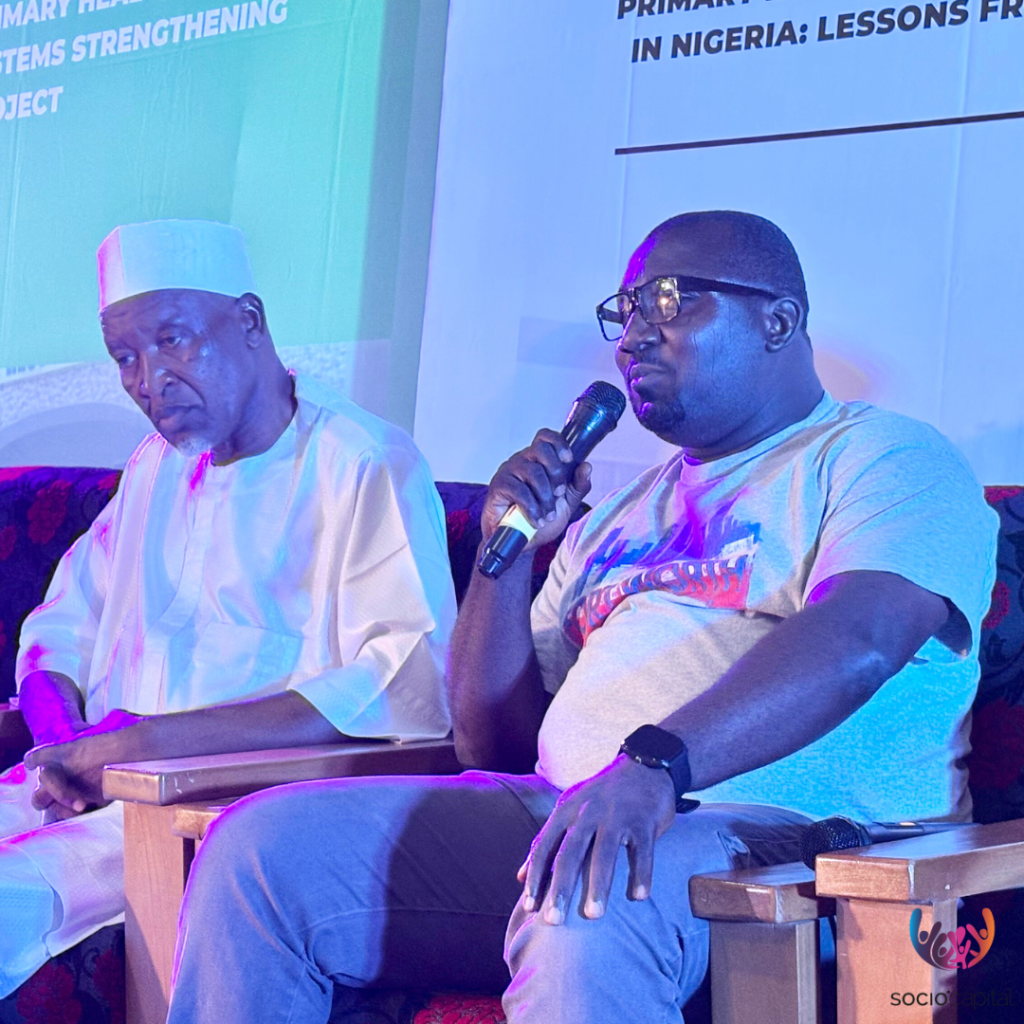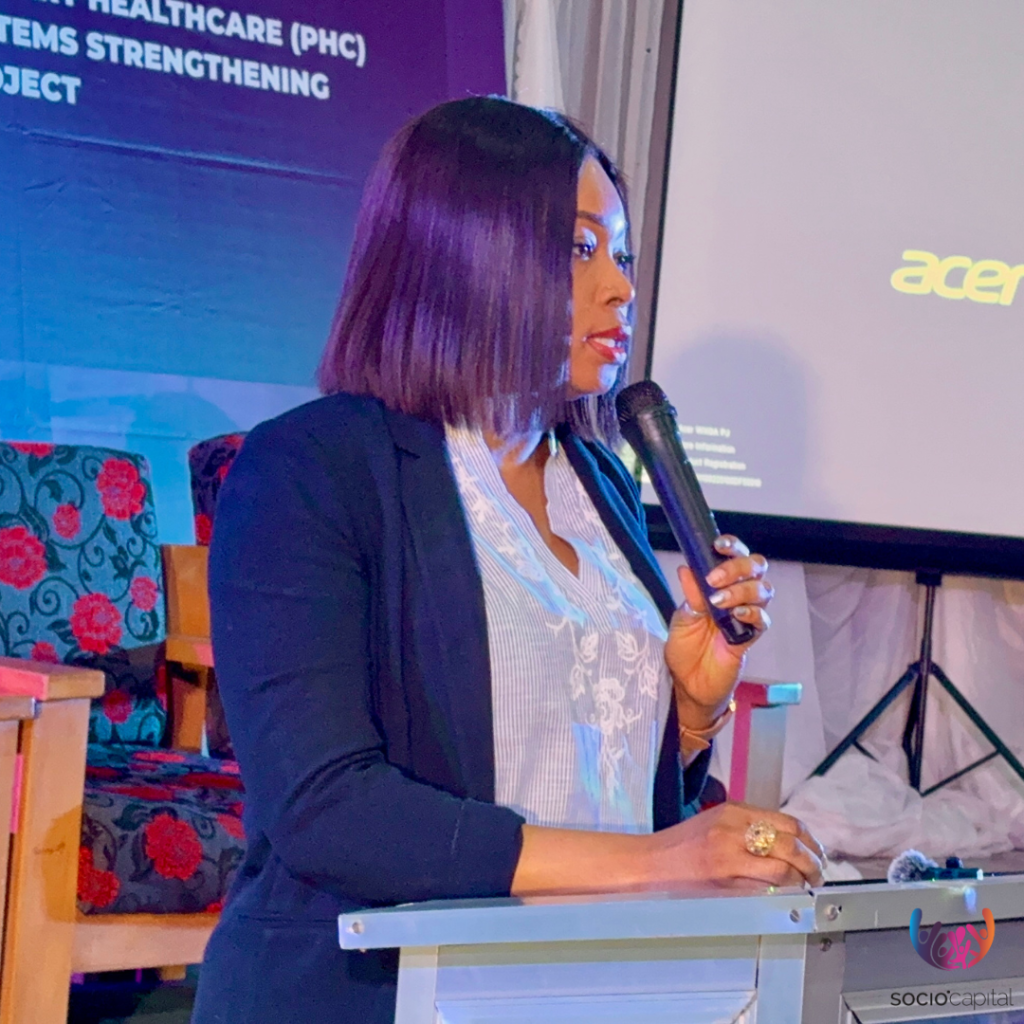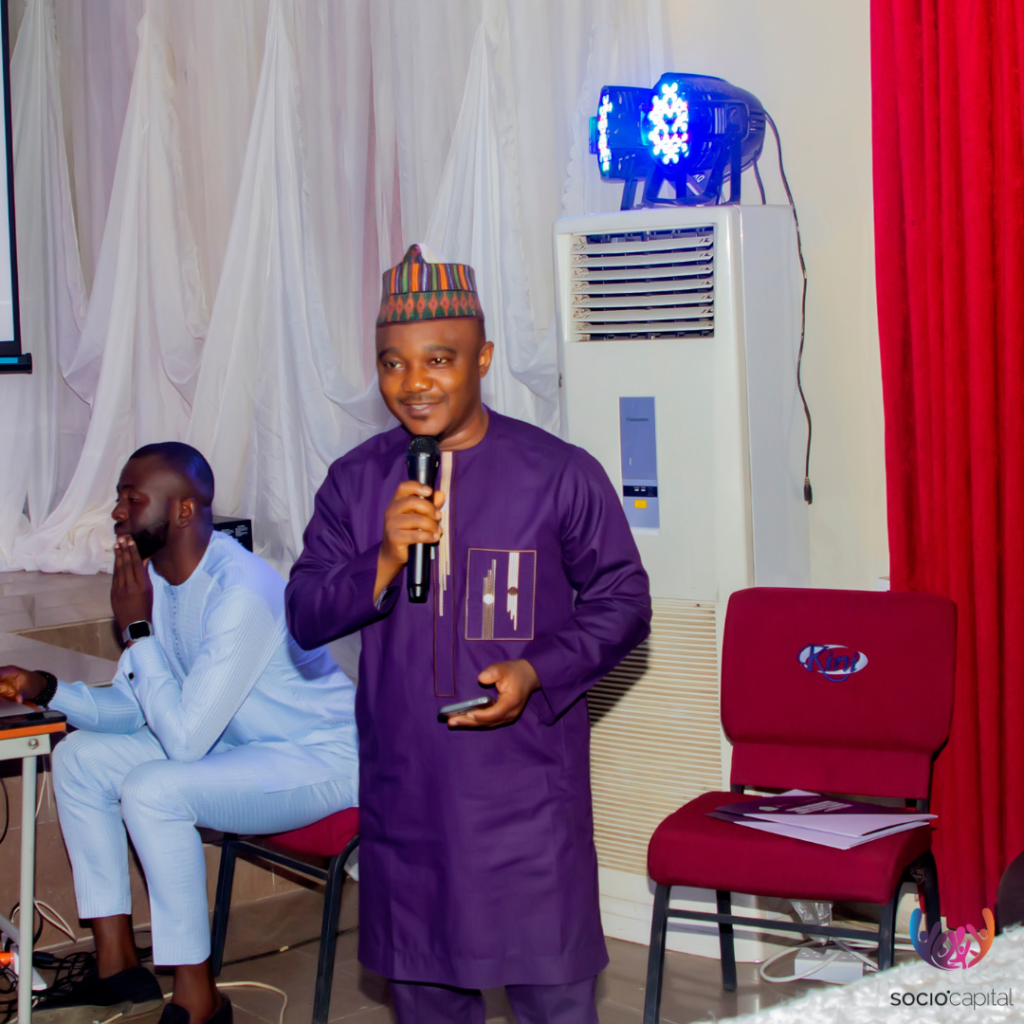Stronger Systems, Stronger Care: How Nasarawa is Reimagining Primary Healthcare

When Nurse Abdulmumuni Aliyu, OIC Doma Primary Health Centre (PHC) Lafiya, walks into his facility today, he sees something different. Not long ago, staff absenteeism was so high that on some days, only a handful of health workers were present. Patients were left waiting, sometimes unattended. “If we had a 20% staff presence due to absenteeism,” he recalls, “now we have over 90% staff presence and attendance.”
Aliyu’s testimony captures the heart of the Nasarawa State Primary Health Care Systems Strengthening and Capacity Building Project; a journey that has reshaped how facilities are managed, how data is used, and how communities experience healthcare.

On 9 September 2025, stakeholders, government leaders, and partners came together at Kini Country Guest Inn in Akwanga for the dissemination of this 18-month project funded by the Gates Foundation, through Technical Advice Connect (TAC) and implemented by Sociocapital in partnership with the Nasarawa State Primary Healthcare Development Agency (NAPHDA).
In her welcome address, Sharon Madaki, Executive Director of Sociocapital, set the tone for the day: “This project represents a significant step towards advancing stronger and more resilient Primary Healthcare Systems for the people of Nasarawa State.”

She reminded participants that strengthening systems is not only about numbers but about lives; the lives of mothers, children, and families who depend on primary healthcare every day.
During the Presentation of the project’s Key Outcomes & Impact, the evidence presented was compelling.
Absenteeism rates have been cut by half, with some facilities now reporting over 90% staff presence. Stock-outs of essential drugs, once a frequent frustration, have been reduced from 59% to just 4%. The use of data for decision-making has risen from 48% to 88%. Asset loss has fallen dramatically, from 30% to just 2%, and every facility now has a designated M&E officer.
Behind the numbers are stories of transformation. In Garaku PHC, managers used data-driven advocacy to secure a doctor, restoring trust in services. In Abuni PHC, the community pooled resources to build staff housing, a tangible expression of ownership and sustainability. In Doma PHC, mentorship shifted staff attitudes, bringing back night services and rebuilding confidence among patients.
For Dr. Stephen Iliya Sasetu, Director of Planning, Research, and M&E at NAPHDA, the challenge is now to sustain progress. “The key parts we look forward to sustaining are the facility M&E review meetings, or data validation meetings, and the PHC mentoring sessions – particularly mentors from LGAs and from the State. Those who have already joined Sociocapital’s mentors will continue these sessions.”

The meeting closed not with an end, but with a beginning. Stakeholders agreed that strengthening systems is not a sprint, but it is a marathon. Mentorship must continue, data must remain central, and communities must be active partners.
The story of Nasarawa demonstrates that when people, systems, and communities grow together, primary healthcare becomes stronger and more sustainable.
For Sociocapital, the project reaffirmed its role as a technical partner that not only supports implementation but also builds lasting institutional capacity.


